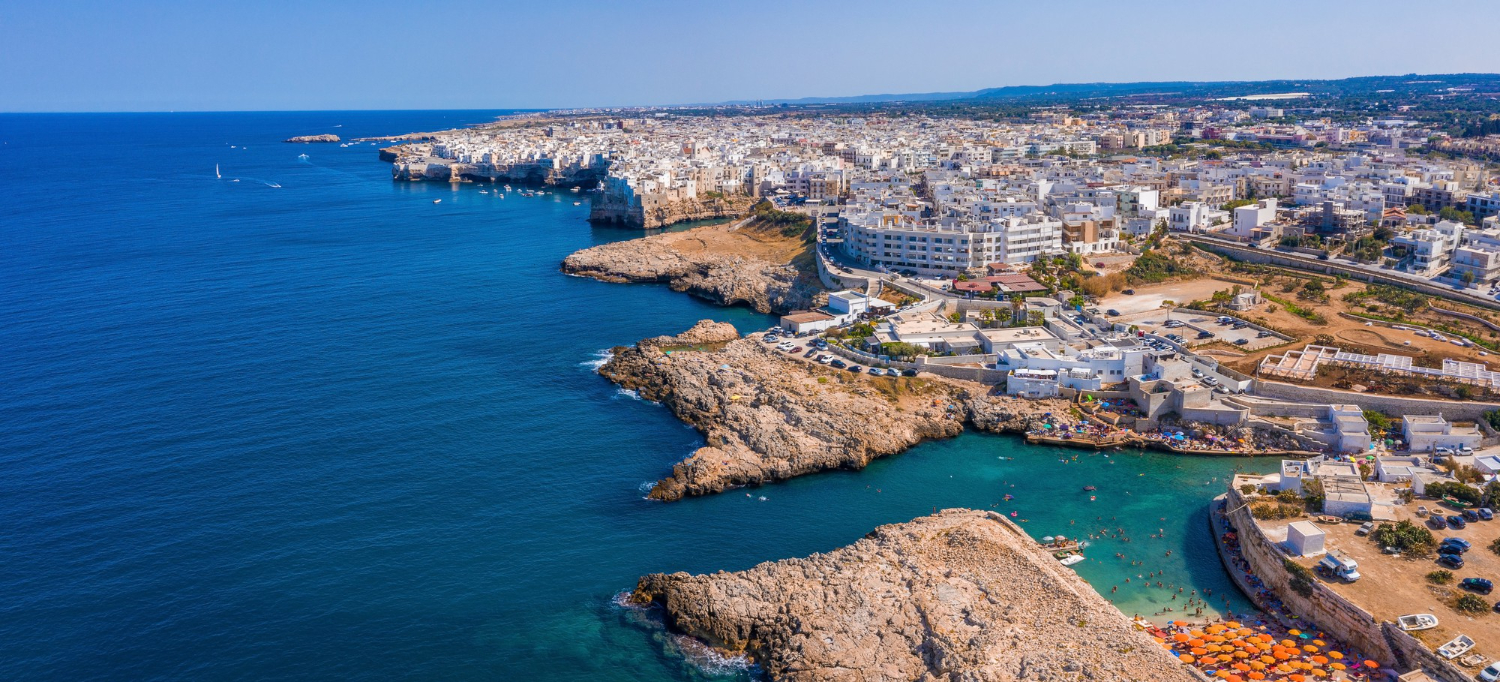Malta has become a sought-after hub for fintech enterprises, offering reliable regulative backing and a strategical position. Gaining an EMI license in Malta grants access to worldwide financially-related networks, enabling businesses to issue e-money, manage this or that account, and contribute to seamless transactions. This article delves into the process, benefits, costs, and the potential of ready-made AEMI/EMI licenses for sale.
Malta EMI licenses requirements
Getting such a permit entails meeting strict conditions enforced by financial regulators.
- Capital Obligation: A minimum starting capital of €350,000 ensures financial soundness.
- Registered Entity: Firms need to be officially incorporated in Malta with an active local office.
- Experienced Leadership: Directors need to exhibit solid expertise in finance.
- Business Blueprint: A detailed operational and norms compliance mechanism, coupled with financial plans, is mandatory.
- Norms and Standards Correspondence: Fully-covering adherence to Malta’s AML-laws is essential.
- Secure Technology: Any institution must implement certified platforms for handling electronic payments and e-money issuance.
Advantages of EMI licenses in Malta
Selecting Malta for such a license provides numerous benefits.
- Prime Location: Positioned for streamlined admission to EU-markets and global financial zones.
- Clear Regulations: Transparent financial policies foster smooth operations for license holders.
- Tax Incentives: Corporate tax structures and financial activity exemptions boost profitability.
- Thriving Fintech Scene: Malta’s dynamic ecosystem fosters growth and novelty.
- Enhanced Credibility: Such permit fortifies global confidence in the company.
Mentioned factors establish Malta as a leading choice for fintech enterprises aiming to expand efficiently.
Procedure for obtaining EMI license in Malta
- Organization Formation: Establishment of an officially registered business entity in Malta.
- Document Compilation: Preparing key paperwork, including business strategies, proof of capital, and managerial qualifications.
- Application Filing: Submitting mandatory documents to the MFSA.
- Regulative Examination: MFSA evaluates correspondance with local law and operational readiness.
- License Granting: Upon approval, companies receive the EMI license and can commence services.
Our specialists guide you through every step, offering turnkey deals like ready-made bank licenses, fintech permits, and EMI authorizations tailored to specific business objectives.
What is included in our services
Our service range covers all aspects.
- Legal entity registration within Maltese jurisdiction.
- Preparation of business-plans and financially-related forecasts.
- Advisory support for compliance with locally-set regulations.
- Assistance with MFSA submissions.
- Implementation of secure payment and transaction platforms.
Our expert team ensures a seamless trip through the licensing process.
Taxation of EMI companies in Malta
Malta’s taxation policies provide significant privileges for EMI permit holders.
- Corporate Tax Rates: Effective rates drop to 5% via the imputation refund system.
- VAT Exemptions: Financial services, including e-money transactions, are often VAT-free.
- Dividend Tax Reductions: Favorable rates benefit both domestic and foreign shareholders.
These tax structures make Malta a top-tier jurisdiction for financial business-projects aiming to reduce operational costs.
How much does EMI license in Malta cost?
Total price depends on various components.
- Capital Norms: A baseline of €350,000 is needed.
- Administrative and Legal Expenses: Fees for document preparation and regulatory submissions.
- Operational Setup Costs: Office infrastructure, IT platforms, and staffing investments.
- Regulatory Charges: Fees for MFSA processing and evaluation.
Overall costs typically range from €100,000 to €250,000, based on business scale and complexity.
Our advantages
If you plan to start your business, we assist in choosing ideal place, securing required permits, and providing various options for ready-made fintech companies, banks with crypto licenses for sale, and other solutions. Partnering with us guarantees next-mentioned.
- End-to-End Services: We oversee all stages, from registration to compliance fulfillment.
- Expert Knowledge: Our specialists possess extensive expertise in Malta’s financial sector.
- Regulative Adherence: We ensure fully-covering compliance with Maltese legal frameworks.
- Efficient Processes: Reduced delays allow you to begin operations swiftly.
Such permits, like EMI license in Cyprus as well, offer Fin-companies unparalleled possibilities, including e-money issuance, transaction facilitation, and innovative Fin-services. With our highly-qualified guidance, securing your permit becomes a straightforward and efficient procedure, enabling a robust presence in this high-potential market.


